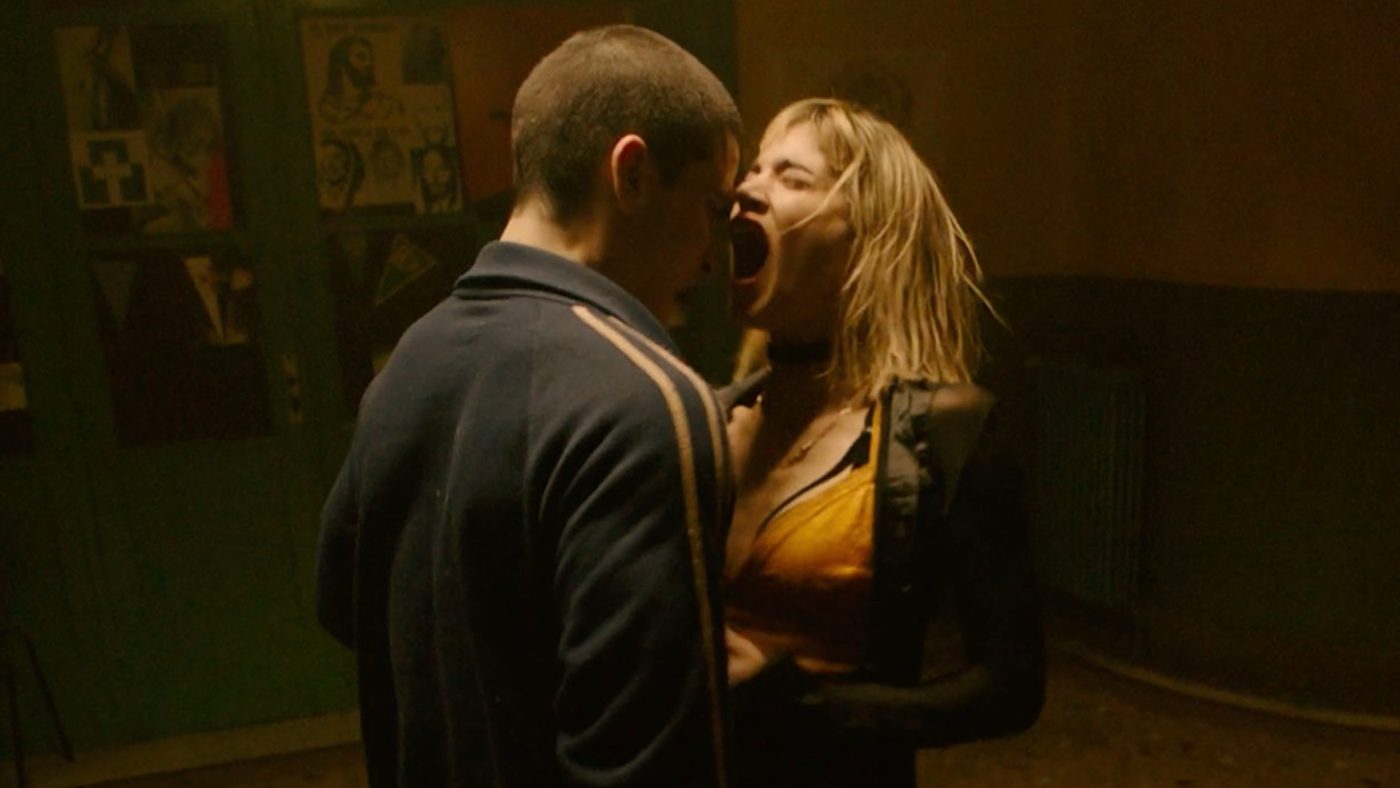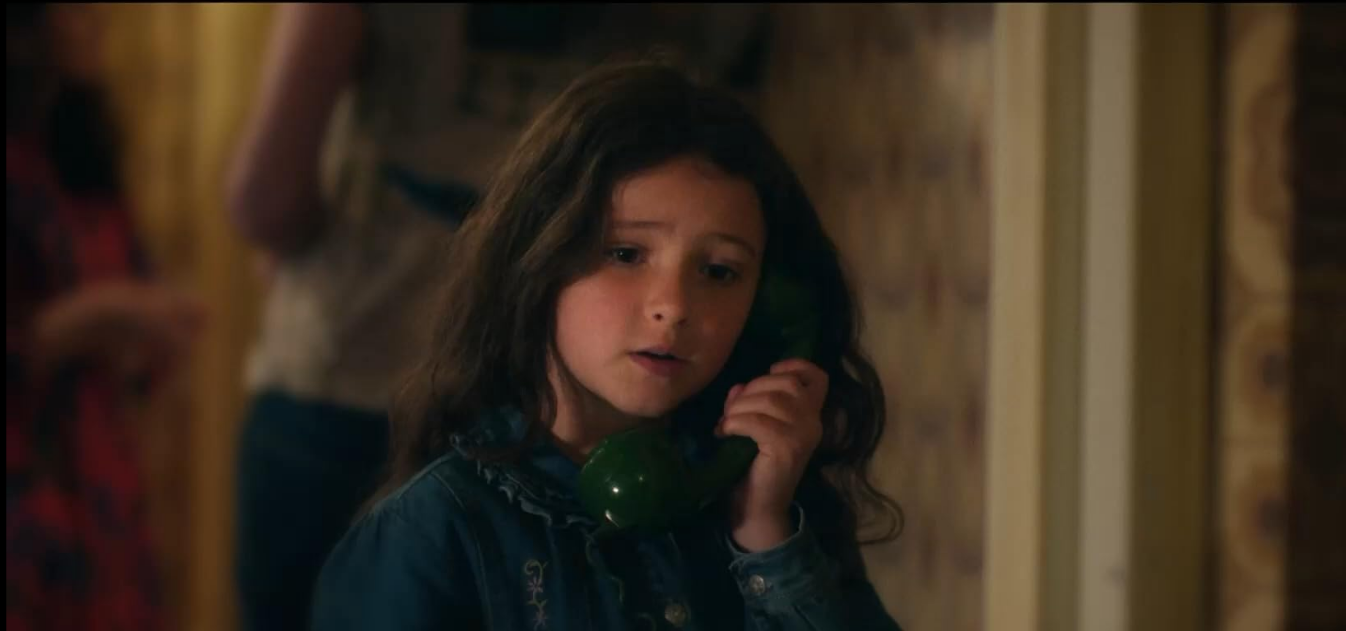Movies
[TIFF Review] Gaspar Noé’s ‘Climax’ Offers Dance and Madness

Gaspar Noé is a shit disturber. You can tell from his films that he enjoys pushing the envelope, making audiences feel uncomfortable and using his art to make political statement.
All of these components are front and center in his latest film, Climax, which is a surreal fever dream of dance, drugs and madness.
Noé’s inspiration are on display from the very first frame. A stack of video cassettes is piled next to a TV playing an audition reel for a dance troupe who will eventually be revealed as our cast; the titles on display include Argento’s Suspiria, Polanski’s Possession, Fassbinder’s Querelle and Pasolini’s Salò. Audiences familiar with these properties will undoubtedly find their interests piqued, which it turns out prove to be a pretty solid primer for what happens when the troupe is dosed with LSD and all manner of shit hits the fan.
Ardent fans of Noé will likely come away disappointed with Climax, which feels more like an experimental music video than a real contribution to the director’s CV. For casually interested viewers, however, there’s plenty of interesting things going on – provided that you have patience.
Essentially divided into two sections, Climax gets down to business following its taped interviews with an extended dance sequence featuring ~20 or so dancers in a school basement gymnasium. Noé films the routine with omniscient power: the camera flies over and around the cast to ensure the audience is fully immersed in the number. It’s a technique that he will return to throughout the film is more malevolent ways.
Once the routine has wrapped, the group begins to party, tucking into (unbeknownst to them) spiked punch, planning hook-ups and dancing their cares away. The group is a mish-mash of personalities, sexes, and sexual orientations and this dialogue-heavy section is intended to flesh the characters out and establish how they interact.
The harmony of the dance, which is coordinated and supportive, is immediately contradicted as soon as the dancers split off into private groups of two and three. Catty, sexually explicit and offensive comments emerge, revealing that the homogenous group is actually extremely heterogenous – a not so subtle critique by Noé about French society. As the drugs kick in and the troupe trips out, the segregation brings out the worst in the group, prompting increasingly irrational and paranoid behaviour (sex, assault, suicide and murder). This long disintegration occupies the entire second half of the film through to its conclusion.
These violent delights are scored to a propulsive dance soundtrack provided by some of the most noteworthy electronica artists in the world including Daft Punk and Aphex Twins. The absurdity of dance music accompanying the complete breakdown of a microcosm of society is classic Noé.
The director manages to (mostly) keep the film’s energy from flagging by keeping his camera on the prowl. Climax is filmed as a single long take (punctuated on occasion by witty or political intertitles), so the framing of the action and the way that characters move through the space is integral to the film’s energy and tone. Colour also plays a role in distinguishing the space, so the green hues of the bedroom help to differentiate the action from the red of the gym and the blue of the hallway.
Visually Climax is a fascinating experiment, but narratively it’s incredibly shallow. The troupe dances, they chat and then they self-destruct – spread out over nearly two hours, the film proves to be an endurance test. Following the exuberant highs of the drag ball/dancehall opening number, the film never manages to translate its energy to create dynamic or memorable characters. In fact, the closest Climax comes to a main character is Sofia Boutella’s Selva, and that’s only because she’s the most recognizable star and she gets her own extended sequence late in the film.
The lack of characters makes the second half of the film a repetitive slog because it is difficult to care about anyone’s well-being. Even if audiences prefer a touch of nihilism, the action never gets as bad as it seems like it should. If anything, it feels like shock jock Noé is holding from the truly depraved and disturbing imagery.
Climax remains imminently watchable as both a visually impressive exercise and an artistic statement about society through the lens of dance and death. Patient audiences will find much to discuss, but anyone hoping for a quick bloody thrill may find that the film fails to payoff their investment. Thankfully the Suspiria remake is just around the corner.

Movies
Matilda Firth Joins the Cast of Director Leigh Whannell’s ‘Wolf Man’ Movie

Filming is underway on The Invisible Man director Leigh Whannell’s Wolf Man for Universal and Blumhouse, which will be howling its way into theaters on January 17, 2025.
Deadline reports that Matilda Firth (Disenchanted) is the latest actor to sign on, joining Christopher Abbott (Poor Things), Julia Garner (The Royal Hotel), and Sam Jaeger.
The project will mark Whannell’s second monster movie and fourth directing collaboration with Blumhouse Productions (The Invisible Man, Upgrade, Insidious: Chapter 3).
Wolf Man stars Christopher Abbott as a man whose family is being terrorized by a lethal predator.
Writers include Whannell & Corbett Tuck as well as Lauren Schuker Blum & Rebecca Angelo.
Jason Blum is producing the film. Ryan Gosling, Ken Kao, Bea Sequeira, Mel Turner and Whannell are executive producers. Wolf Man is a Blumhouse and Motel Movies production.
In the wake of the failed Dark Universe, Leigh Whannell’s The Invisible Man has been the only real success story for the Universal Monsters brand, which has been struggling with recent box office flops including the comedic Renfield and period horror movie The Last Voyage of the Demeter. Giving him the keys to the castle once more seems like a wise idea, to say the least.
















You must be logged in to post a comment.